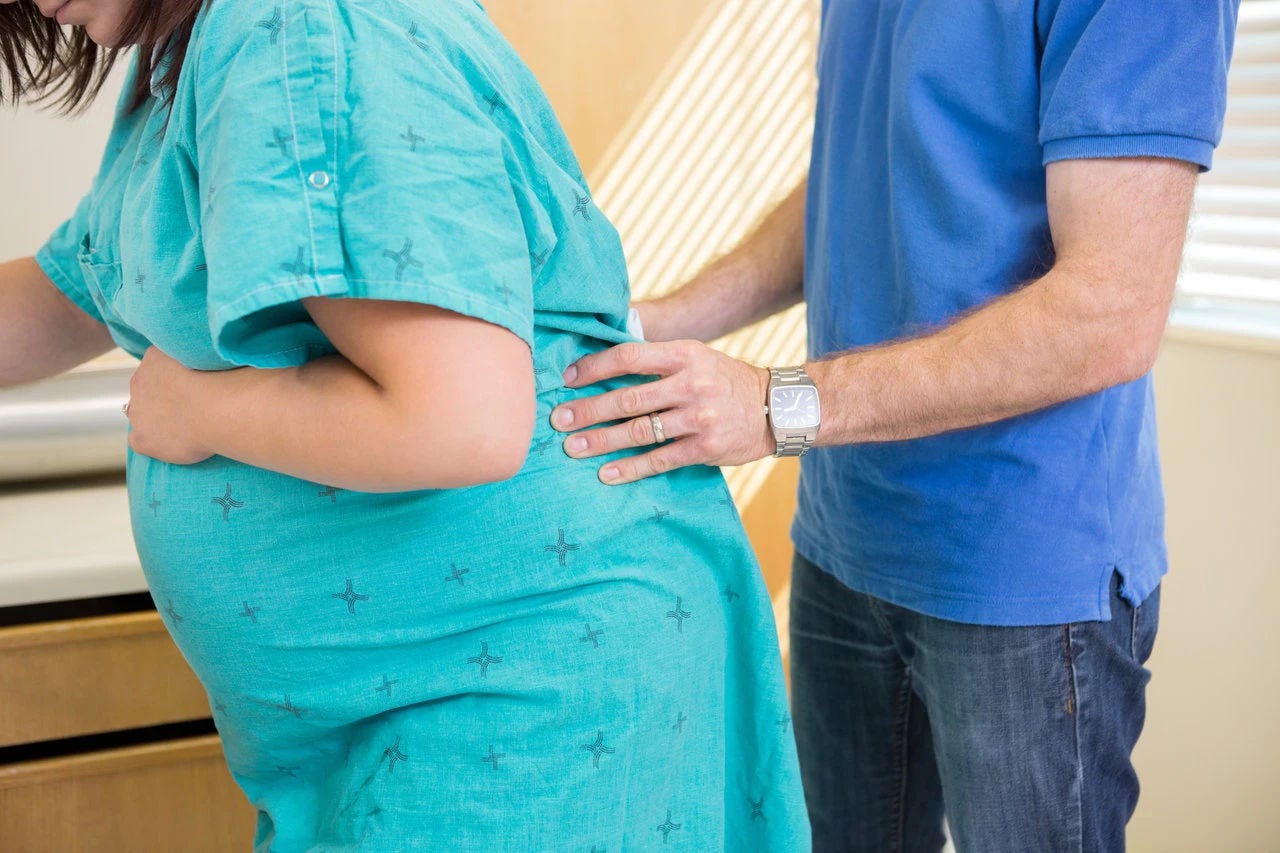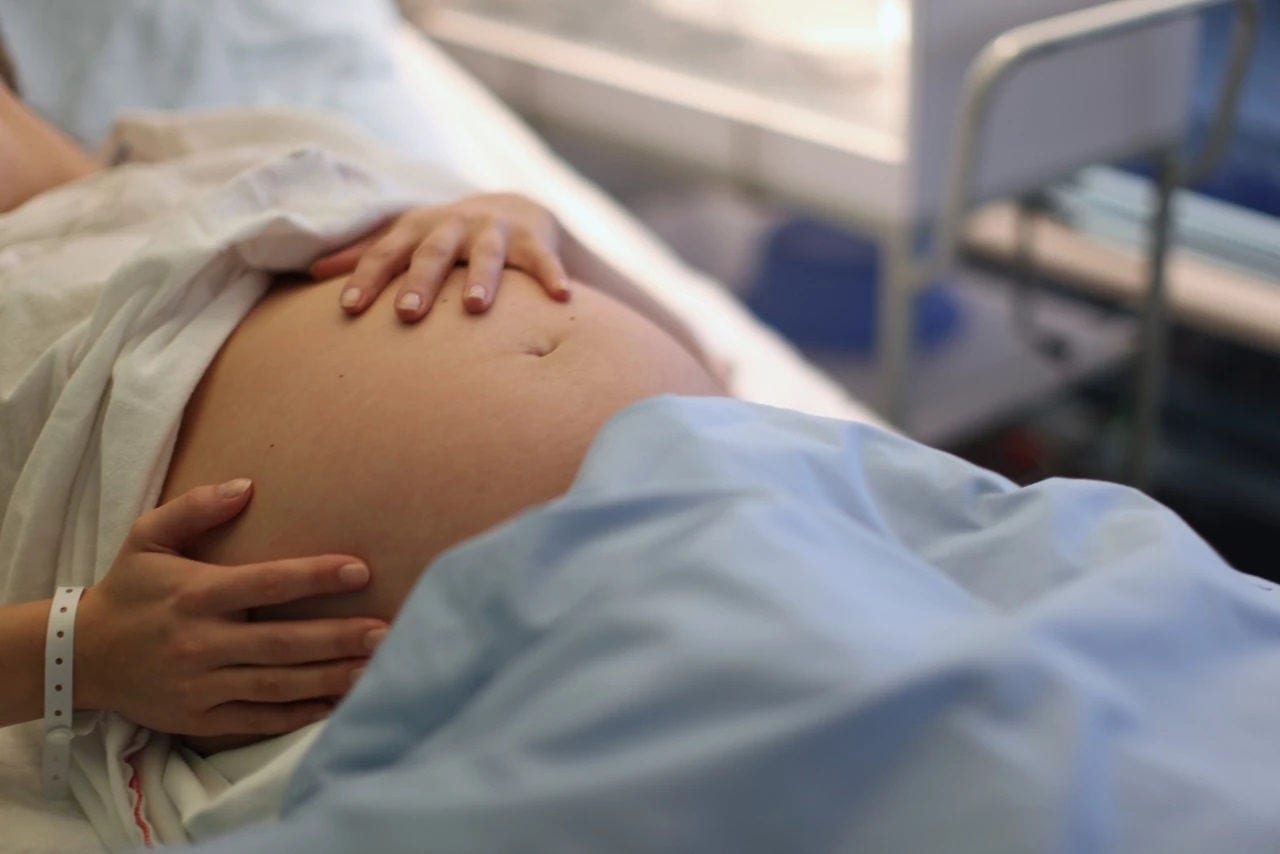As your baby develops and your bump gets bigger by the day, your body will adapt to the little one growing inside you. These changes can sometimes cause a bit of discomfort, like stomach pain or cramping in early pregnancy. Most of the time, these aches and pains that some pregnant women experience are nothing to worry about - they’re all part and parcel of your body adjusting to your pregnancy journey and growing uterus.
From round ligament pain due to your growing bump to Braxton Hicks and constipation, here we’re talking about some of the potential culprits behind stomach pain in pregnancy.
If you have any concerns or need a bit of reassurance, get in touch with your midwife who will be able to put your mind at rest or provide the best advice for you and your baby. The C&G Care Team is also on hand with friendly, expert advice if you want to talk anything through – give us a call at 0800 977 8880.














